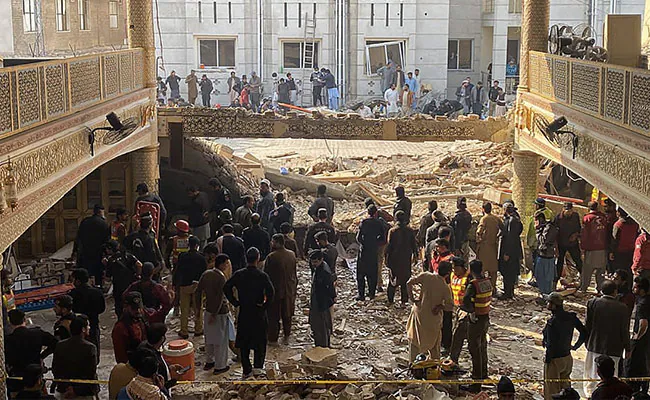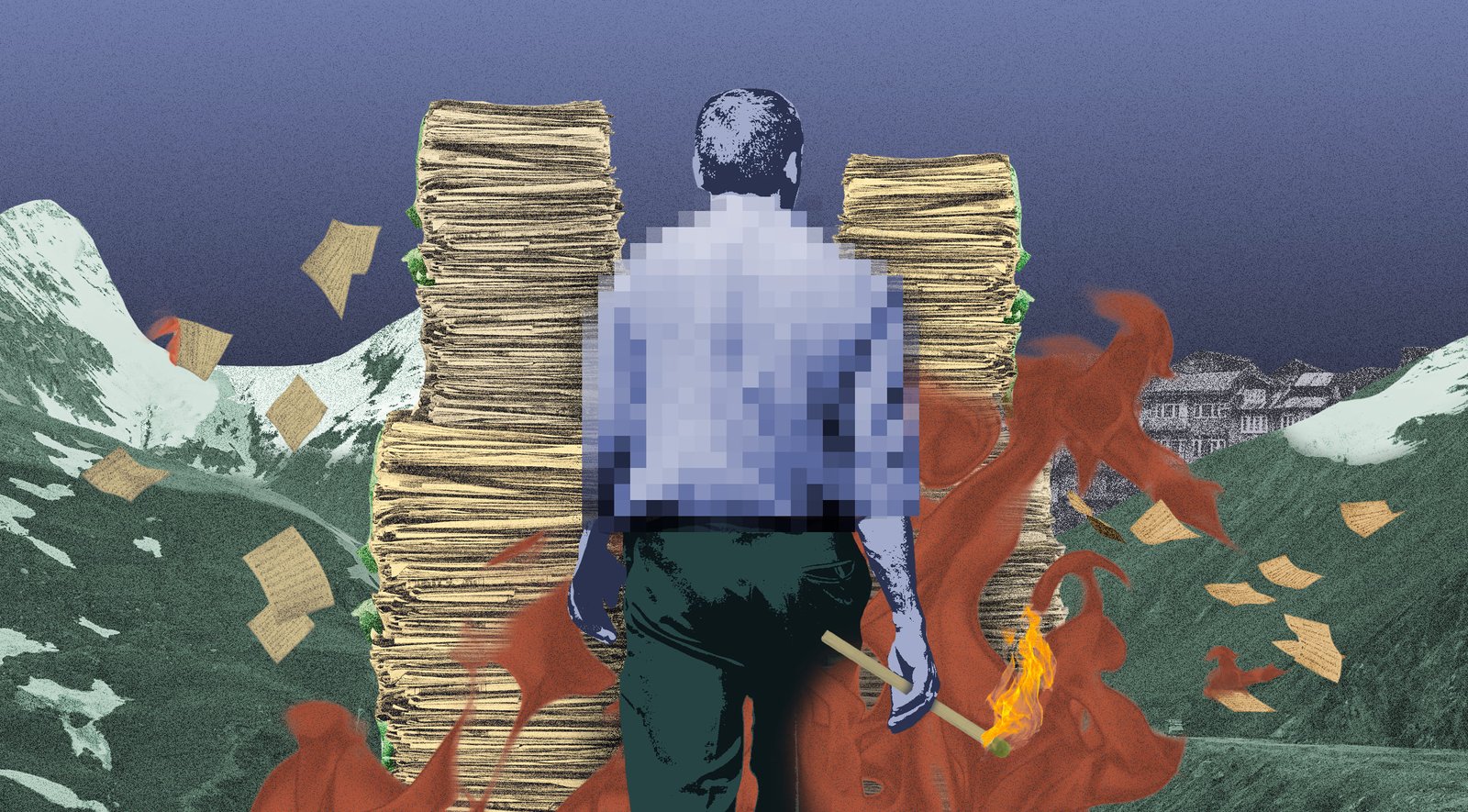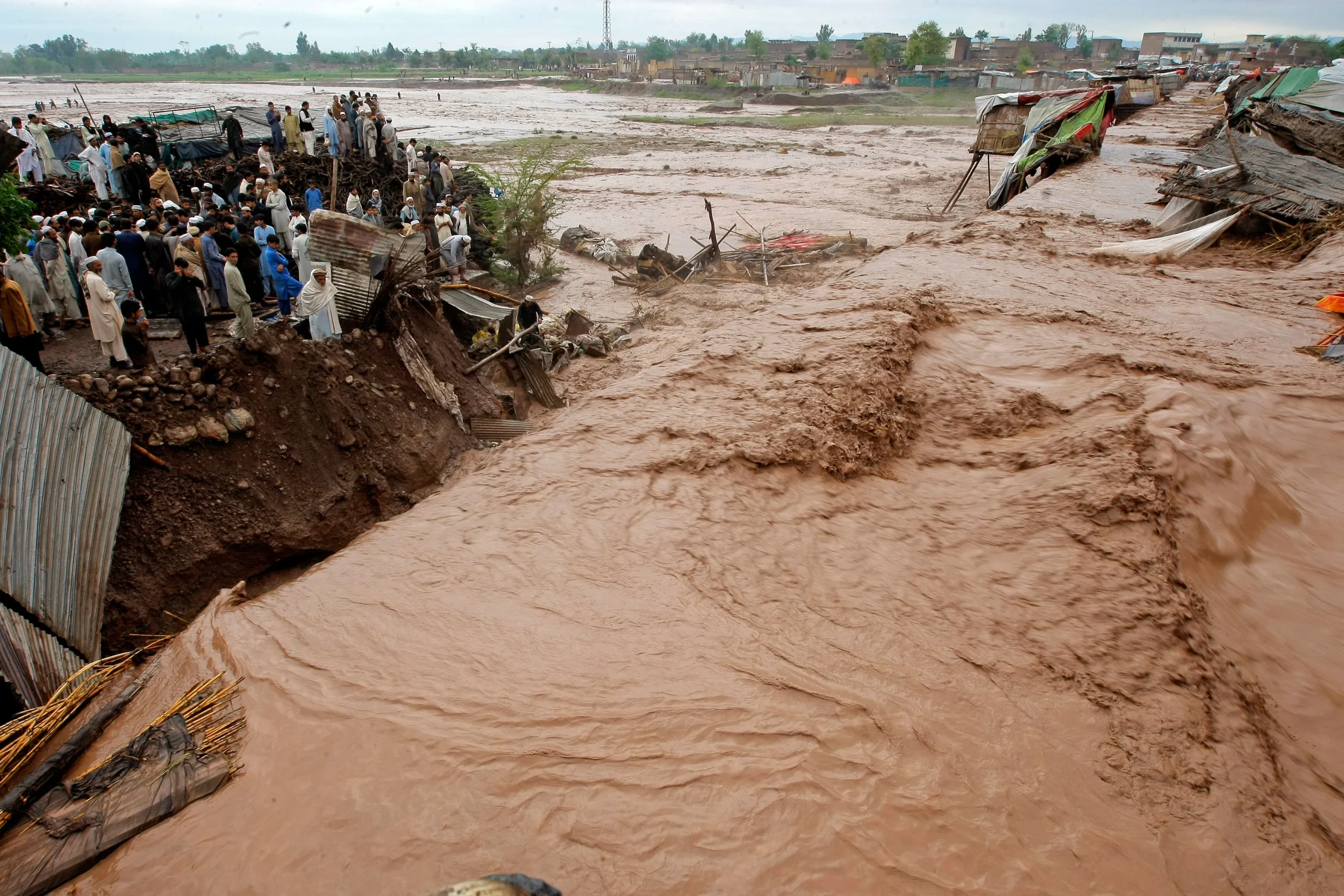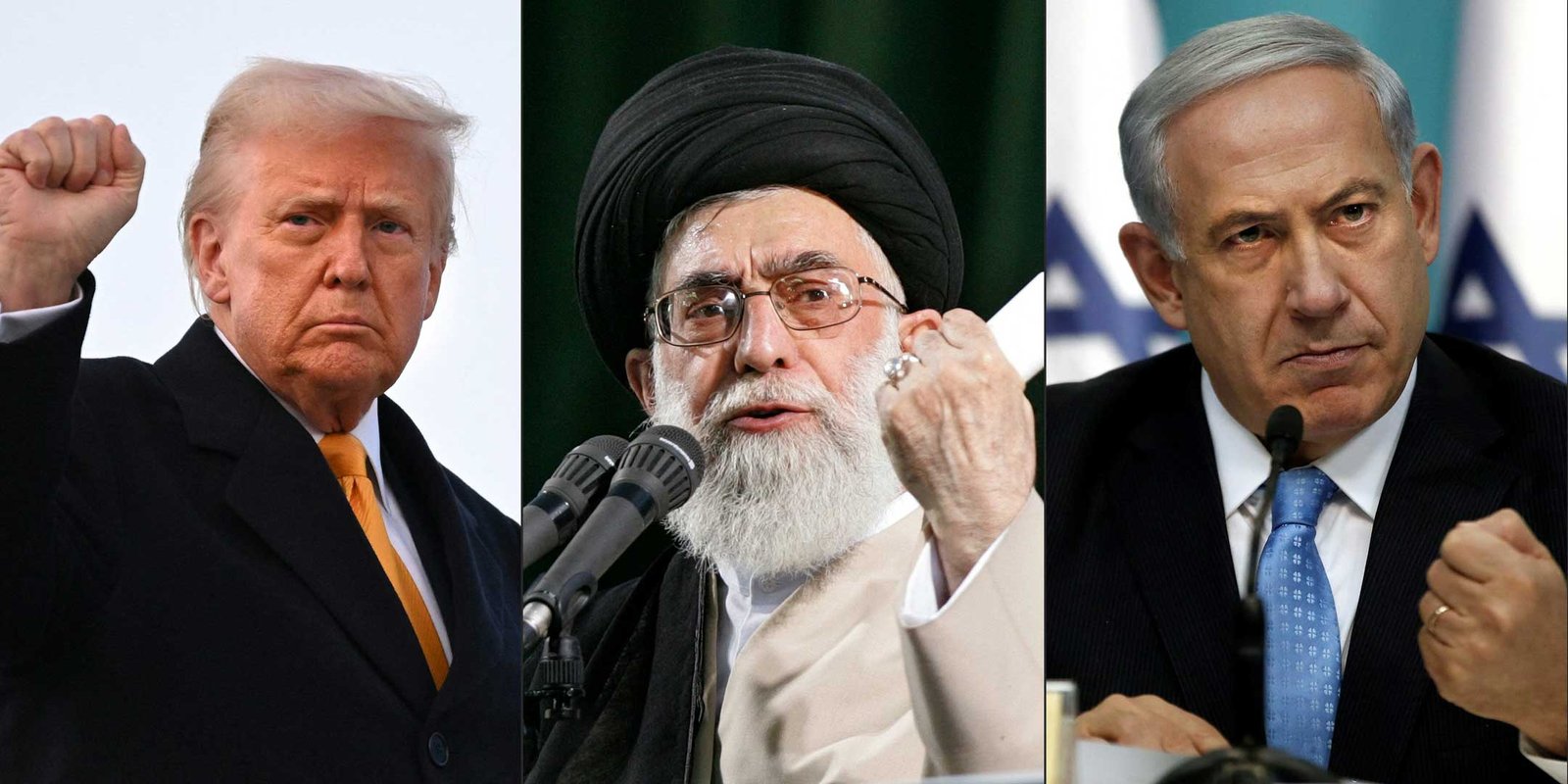EDITORIAL
Terrorism and the Capacity of the State
The terror incident in the city of Peshawar is heartbreaking. Pakistan has suffered the scourage of terror for many years now. The nation was satisfied that terrorism was almost controlled. However, the recent upsurge in terror incidents is a reminder that terrorism is yet to be controlled. Pakistan faces multiple forms of terrorism. At the same time, it has national and international dimensions. The deep conflict in Afghanistan directly affects Pakistan for religious and ethnic reasons. Then there are also international facilitations. On one side is religious extremism, and on the other, it is ethnic alienation like that in Balochistan.
However, whatever the reasons are, Pakistan is yet to be more effective in intelligence, surveillance, policing, and counter-terrorism.
The writ of the state is the hallmark of the state’s sovereignty. What is sovereignty? Sovereignty, in political theory, is the ultimate overseer, or authority, in the decision-making process of the state and in the maintenance of order. Thus, it is the power of the state which is supreme inwardly and outwardly. Therefore, no group can compete with the authority and power of a state. Pakistan has been fighting the war on terrorism since 2001. A state must be able to quell all forms of terrorism in twenty years. Pakistan faces capacity and institutional crises. Although the institutions’ capacity has improved, it has yet to be to that level where terrorism can be uprooted.
Moreover, to begin with, the capacity of police must have been acquired in these twenty years. For that purpose, police reforms are critical, and, unfortunately, police reforms have not been done. The bomb blast in the police line is unacceptable technically and operationally. How can a terrorist enter the police line? It is not only an intelligence failure but also a technical and operational failure. The state does not mourn on the corpses; instead, it reacts and uproots all who challenge the writ of the state. Civil and military law enforcement agencies must cooperate to tackle it. The political consensus through legislation, delegated legislation and policies is also critical like that once achieved through the National Action Plan.
Twenty years is a long time for a nation, and despite the enormity of the challenge, a modern state is expected to control it. Pakistan must come out of the excuses and quell them for its sovereignty’s sake. Incidents of terrorism create the image of a failed state, directly impacting the economy, security and national life. The capacity of civil and military organizations should be enhanced to the level where they can implement the state’s sovereignty. The political solutions are significant, but the implementation of the writ of a state is undeniable. The state does not function as a weak entity.

















